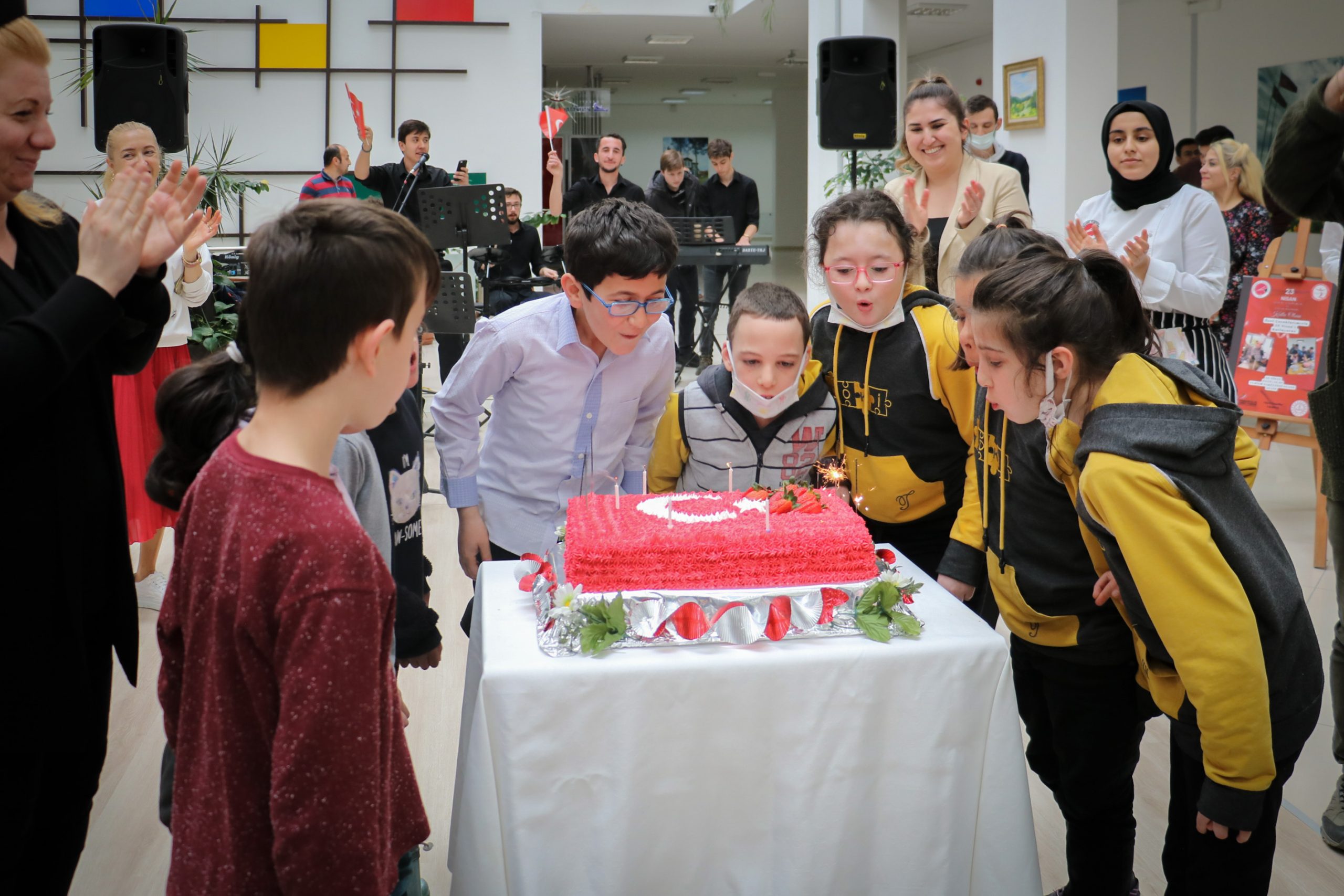
Türkiye ranks 35th out of 43 developed countries in a recent international comparison of child well-being, raising concerns about the country’s ability to ensure a safe, healthy, and supportive environment for its youngest citizens. The index, which measures mental and physical health along with social capabilities, places Türkiye just above countries facing significantly greater economic and institutional challenges.
While education reforms and infrastructure investments have expanded access to services over the past decade, the underlying quality of children’s experiences—at home, in school, and online—has seen little measurable improvement.
Key indicators such as emotional well-being, sense of belonging at school, and social connectivity remain troublingly low. In some categories, including physical health and social skills, Türkiye ranks among the bottom seven countries surveyed.
International data compiled by UNICEF highlights the multidimensional nature of the crisis. Yet the problem appears to stem less from a lack of resources and more from fragmented policy attention, social neglect, and rising inequality.
Omer Burak Tek, director of Rapor Bulteni, puts it, “Child well-being must be understood not simply as a reflection of household income or access to basic services, but as a complex interplay between structural conditions, institutional design, and everyday life. It encompasses emotional security, social belonging, autonomy, and voice.”

Perhaps the most striking figure is Türkiye’s ranking in children’s self-reported life satisfaction: second to last among the 43 countries surveyed. Over the past five years, the percentage of 15-year-olds who report high life satisfaction in Türkiye has dropped by more than 10 points—a sharper decline than in most peer countries.
Rates of reported suicide among adolescents aged 15–19 have also risen significantly in recent years, placing Türkiye among the top-tier countries for the increase in youth suicides. While absolute numbers remain comparatively low, the trend points to a deeper undercurrent of emotional distress and social alienation.
More than half of Turkish 15-year-olds report that they do not feel comfortable making friends at school—a finding that researchers link to rising classroom pressures, exclusionary social norms, and weak peer support systems. When combined with low levels of parent-child communication—reported to occur weekly in less than 75% of households—these conditions foster environments where children are often left to navigate adolescence in emotional isolation.
Nonprofit leader Tek underlines a crucial methodological point: “National studies like the Turkish Statistical Institute’s Children in Türkiye report offer valuable insights but often rely heavily on data collected from parents or caregivers. As current literature increasingly emphasizes, there is a growing need to include children's own subjective perspectives in understanding their lived realities.”
Türkiye ranks 37th in terms of children’s physical health, placing it near the very bottom of the index. Obesity rates among children aged 5–19 continue to rise, reflecting changing dietary patterns, reduced physical activity, and broader shifts in family work habits. Experts cite long working hours among parents and increasing consumption of processed foods as contributing factors.
Despite widespread smartphone use, Türkiye’s digital access for children is not universal. As of 2022, it remains one of the few developed countries where the rate of digital connectivity for children is still below 99%. More troubling is the quality of that access: Turkish children face disproportionately high exposure to discriminatory content online, including racism, body shaming, and gender-based harassment.
COVID-19 appears to have compounded existing vulnerabilities. Türkiye was among the countries with the longest school closures during the pandemic, deepening educational inequalities and exacerbating feelings of disconnection among students. Although schools have since reopened, the psychological and academic impact of the interruption continues to affect many students, particularly those from low-income and refugee backgrounds.

Türkiye hosts the world’s largest population of child refugees, with an estimated 1.6 million of the country’s 3.3 million refugees under the age of 18. This demographic pressure presents major challenges for schools, health systems, and social services already struggling to meet national needs.
“Türkiye is one of the countries hosting the largest number of refugee children—an immense responsibility that also reflects the country’s long-standing humanitarian commitment,” Tek notes. “While public institutions have taken meaningful steps to support this population, more consistent and inclusive data practices are needed to ensure that all children residing in Türkiye, regardless of background, are represented in national assessments of well-being.”
While the Turkish government and local municipalities have implemented various support programs, civil society actors warn that the long-term integration of refugee children remains underfunded and undercoordinated. Issues of documentation, language barriers, and xenophobia persist, creating an uneven experience for children in both formal education and everyday life.
At the same time, children born and raised in Türkiye—regardless of nationality—share many of the same stressors. Rising inequality, weak social safety nets, and overstretched public services create a social environment where vulnerability is distributed widely, not only across identity lines but also geographic and economic ones.
Child well-being cannot be addressed solely through individual interventions such as mental health support or educational aid. Broader structural issues—ranging from environmental stressors like pollution and unsafe housing to labor market conditions affecting parents—play a significant role in shaping outcomes.
Framing the issue more broadly, policy advisor Tek says: “In the contemporary sociology of poverty, deprivation is no longer solely interpreted through material scarcity or lack of purchasing power. Increasingly, scholars and institutions adopt a capability-oriented approach, emphasizing individuals’ capacity to participate fully in social, cultural, and political life. Within this framework, well-being emerges as a multidimensional concept—especially salient when considering children, who experience the consequences of structural disadvantage not directly, but through the socioeconomic and emotional realities of their caregivers.”
For example, the report highlights the potential long-term effects of microplastics on child health, including hormone disruption. It also notes a correlation between parents’ average working hours and childhood obesity—underscoring how economic pressures on families can indirectly harm children’s well-being.
Türkiye’s challenges are not unique. Many countries, particularly those with large urban populations and expanding digital footprints, are grappling with new forms of child vulnerability. But Türkiye’s rapid social change, demographic pressure, and polarized political climate make sustained and coordinated child-focused policymaking especially difficult.
Without systemic reforms that address both social cohesion and economic fairness, improvements in child well-being are likely to remain fragmented and unevenly distributed. For now, Turkish children appear to be paying the price of long-standing gaps between development narratives and lived realities.